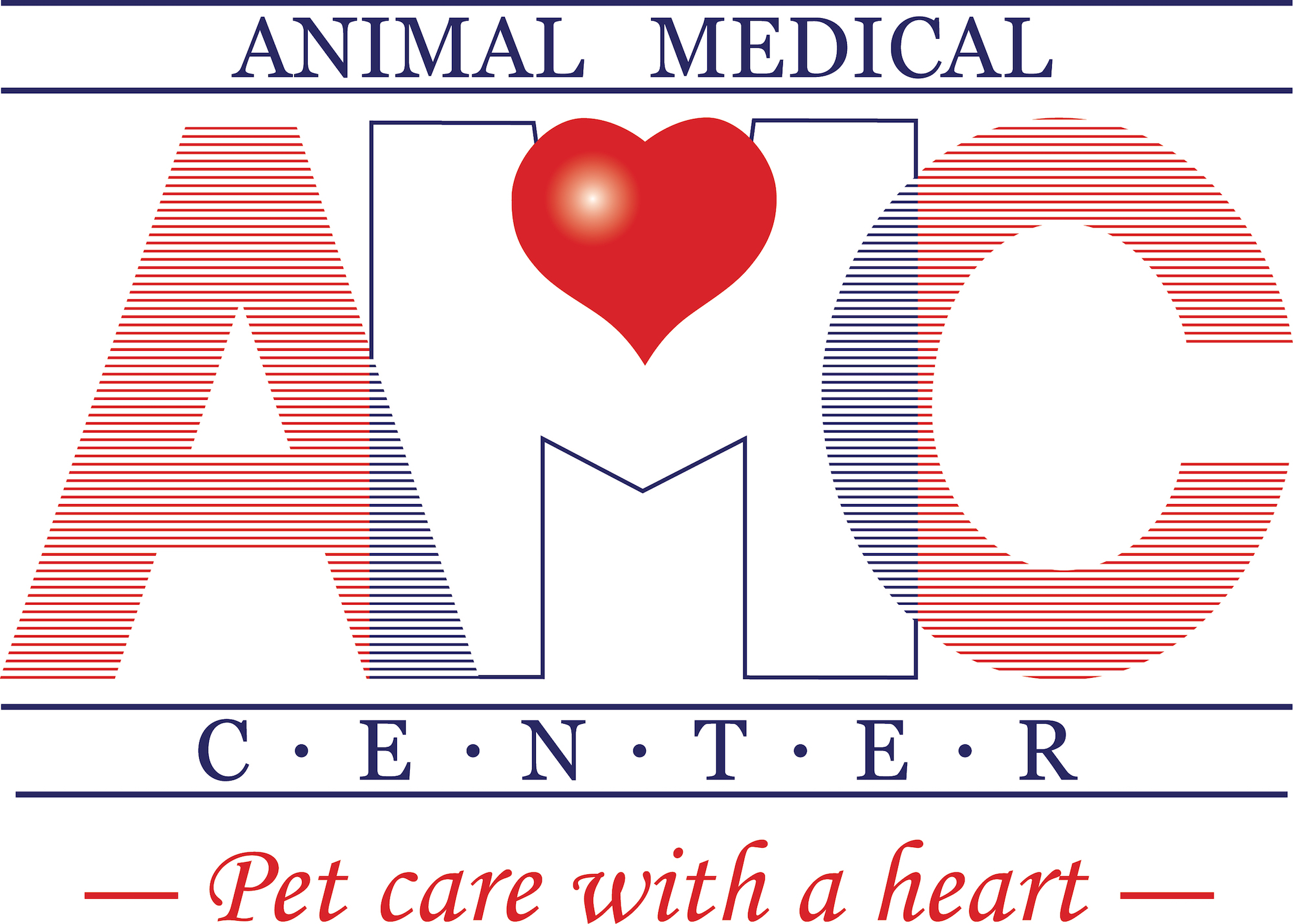Library
-
Maropitant citrate (brand name Cerenia®) is given by mouth in the form of a tablet or injected under the skin and used to treat nausea and vomiting in dogs and cats. Common side effects include vomiting and increased salivation, or pain at the injection site. It is contraindicated in pets with a GI obstruction, GI toxicity, or in pets under 8 weeks old. Use caution in pets with heart or liver disease, or in pets under 16 weeks old.
-
Mast cell tumors are most common in the skin of dogs and may appear red, ulcerated, or swollen. They can be itchy and can fluctuate in size. Tumors can range from lower-grade, with minimal spread, to higher-grade, with a high risk of local invasion. Treatment usually involves surgical removal and may require supportive treatment including chemotherapy, radiation therapy, and therapy to target the mutation that instigated the tumor.
-
Masticatory muscle myositis (MMM) is an immune system disorder in which the dog's immune system identifies the dog's own muscle tissue as foreign and attacks it. The masticatory muscles are the muscles involved with chewing. MMM causes these muscles to become swollen and painful.
-
Mastitis is inflammation of a mammary gland (breast). In most cases, mastitis is caused by a bacterial infection. Less commonly, mastitis may occur due to the mammary gland, or prolonged periods of milk accumulation without milk removal, leading to inflammation in the gland. This handout discusses causes, signs, diagnosis, and treatment of this condition.
-
MAXI/GUARD® Oral Cleansing Formula is an oral cleanser for dogs, cats, horses, and exotics. It contains zinc, which has been proven to decrease plaque and gingivitis, ascorbic acid (vitamin C), which has been shown to aid in collagen synthesis, and which may improve gum healing time following oral surgery.
-
Meclizine (brand names Antivert®, Dramamine® Less Drowsy Formula, Bonine®, Bonamine®, Postafen®, Univert®) is an antihistamine used off label to prevent and treat motion sickness and vomiting associated with it, in cats, dogs, and other small mammals. The most common side effect is sedation and sleepiness.
-
Medicinal mushrooms are given by mouth and are used over the counter (and under veterinary supervision) to supplement the treatment of cancer and other conditions. Give as directed by your veterinarian. Side effects may include stomach upset, diarrhea, dizziness, and skin rash. Do not use in pets that are allergic to mushrooms, and use cautiously in pets that are pregnant, nursing, or have diabetes, clotting disorders, low blood pressure, immune-mediated disorders, liver problems, or kidney disease. If a negative reaction occurs, please call your veterinary office.
-
Medium chain triglycerides (MCT) oil is a lipid (fat) used as a nutritional supplement to provide calories and fatty acids to dogs on fat-restricted diets. It has also been used to help with cognitive dysfunction in dogs and cats, as well as a supportive treatment for epilepsy in dogs. MCT oil comes in an oral form to be given with food. Avoid use in animals with severe liver disease.
-
Medroxyprogesterone acetate (brand names: Provera®, Meprogest®, Proclim®) is a progestin hormone used to treat sexually driven behavior problems in cats, such as male-male aggression, spraying, roaming, and mounting. In dogs, it has been used for conditions including certain dwarfisms, skin conditions, reproductive conditions, and behaviors.
-
Megaesophagus is a disorder in which the esophagus dilates and loses motility. When esophageal motility is decreased or absent, food and liquid accumulate in the esophagus and have difficulty getting into the stomach. Regurgitation is the most common sign of megaesophagus. Weight loss or failure to gain weight, as well as aspiration pneumonia, are also common signs. Treatment is focused on managing the symptoms.

